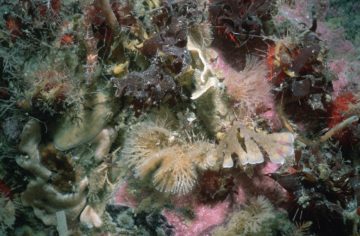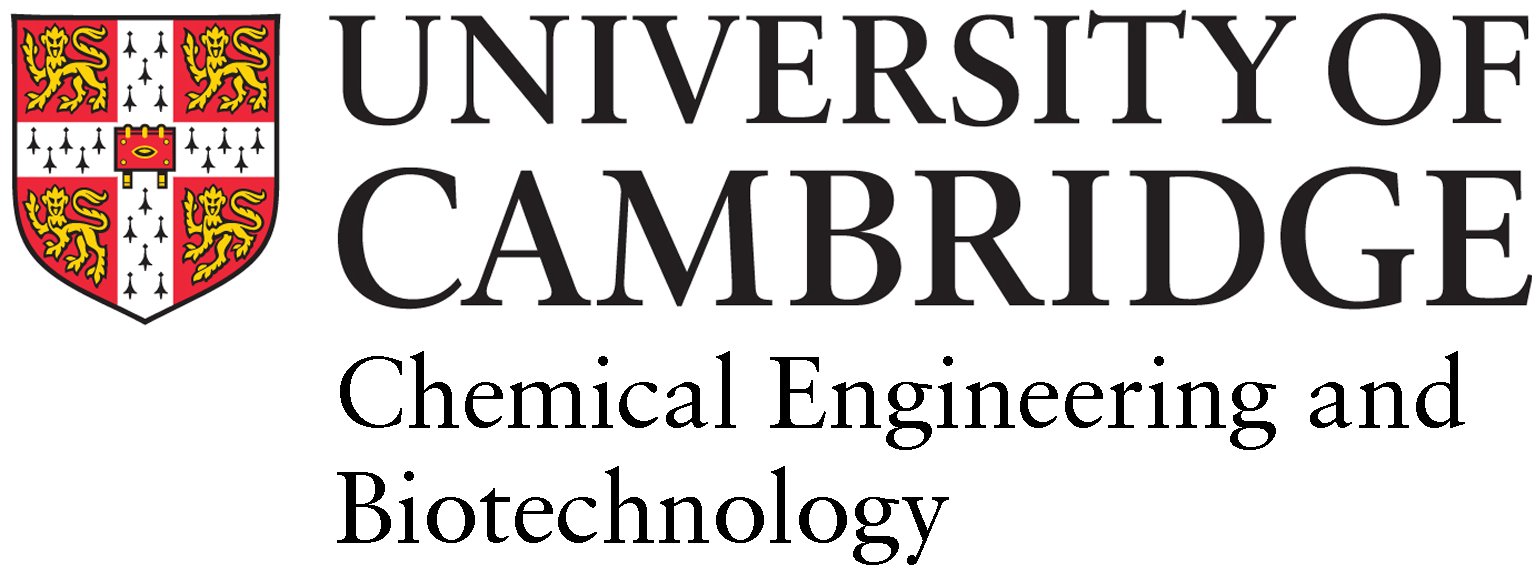Global warming
The post Reply to Yang et al.: Global warming and black carbon simultaneously lead to glacier mass decline over the southeastern Tibetan Plateau [Response] appeared first on British Antarctic Survey.

Global warming and ocean acidification are threatening marine organisms, such as corals, bryozoans, molluscs, sea urchins or crustaceans, that build their skeletons and shells with calcium carbonate (chalk) according to … The post Warming and acidification threatens organisms appeared first on British Antarctic Survey.
Global heating could become “catastrophic” for humanity if temperature rises are worse than many predict
The driest region in UK is the most at risk to global warming but also well-placed to effect change.
Even if global warming is limited to an increase of 1.5C, Britain is likely to be scorched by extreme heat, said leading meteorologists
April 2021: With each degree of global warming, the risk of flood-induced displacement increases by 50%. Assuming a two-degree warming scenario and population growth, the average risk could increase by up to 110% by the end of the century and displace more than 1 billion people. Risk reduction measures include improved spatial and urban planning…

Artist’s interpretation of the new molecule, courtesy Cambridge Photography Wednesday, January 6, 2021 For the second year running, researchers in the Nitschke group have had a molecule crowned as C & EN’s Molecule of the Year. The porous ionic liquid prepared by postgraduate student Lillian Ma was chosen by readers of Chemical & Engineering News…

Shorthand Story: MjxUFnfEIo Shorthand Story Head: Chemical looping of biomass shows potential as ‘carbon negative’ energy solution /* Source hash: 84a2080af19e247a8a06b15c1194cf22 */ .InlineMedia a,.Theme-MediaSection .Theme-Layer-ResponsiveMedia-image>a{display:block;-webkit-transition:opacity .15s ease;transition:opacity .15s ease}.Theme-LinkedMediaRenderer{display:block}.InlineMedia a:active,.InlineMedia a:focus,.InlineMedia a:hover,.Theme-LinkedMediaRenderer:active,.Theme-LinkedMediaRenderer:focus,.Theme-LinkedMediaRenderer:hover,.Theme-MediaSection .Theme-Layer-ResponsiveMedia-image>a:active,.Theme-MediaSection .Theme-Layer-ResponsiveMedia-image>a:focus,.Theme-MediaSection .Theme-Layer-ResponsiveMedia-image>a:hover{cursor:pointer;opacity:.9}.Theme-HeaderContainer{font-size:18px}.Theme-HeaderContainer,.Theme-Story{font-family:”PT Serif”,serif;color:#333;-webkit-font-smoothing:antialiased;-moz-osx-font-smoothing:grayscale}.Theme-HeaderContainer ::-moz-selection{color:inherit;background-color:rgba(160,160,160,.55)}.Theme-Story ::-moz-selection{background-color:rgba(160,160,160,.55)}.Theme-HeaderContainer ::selection,.Theme-Story ::selection{color:inherit;background-color:rgba(160,160,160,.55)}@media (min-width:900px){.Theme-HeaderContainer,.Theme-Story{font-size:18px}}@media (min-width:1100px){.Theme-HeaderContainer,.Theme-Story{font-size:20px}}@media (max-width:1400px){.Layout{width:auto}}@media (max-width:620px){.Theme-Layer-BodyText{width:100%}}.Theme-Layer-BodyText p,.Theme-Story p{display:block;margin-top:1.5rem;margin-bottom:1.5rem;line-height:1.7;font-family:”PT Serif”,serif;font-weight:400;font-size:inherit}.Theme-OverlayedCaption a,.Theme-Section-Dark .Theme-Caption a,.Theme-Section-Dark .Theme-Layer-BodyText a:not(.Theme-Layer-BodyText-Button),.Theme-Section-Dark .Theme-Layer-TextBlock-Inner a,.Theme-Section[class*=Theme-ForegroundColor] a:not(.Theme-Layer-BodyText-Button){text-decoration:none;border-bottom:1px…
